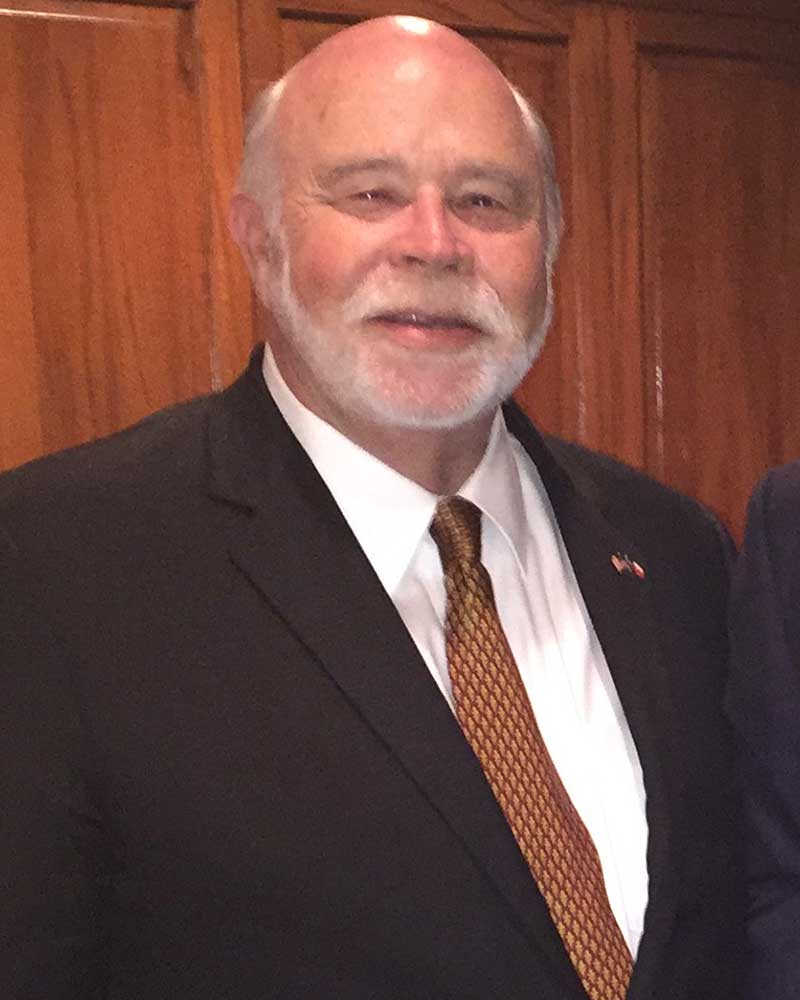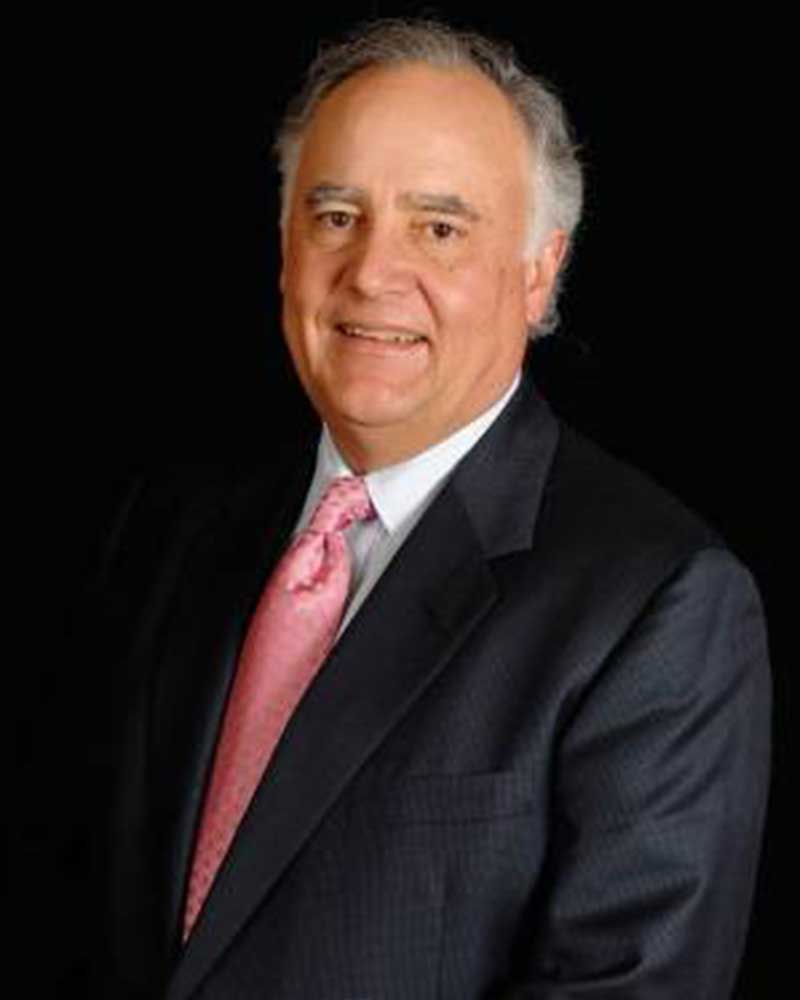Article By: Natural Gas Intel
In a move to illustrate the European Union’s (EU) commitment to its joint agreement to strengthen diplomatic ties with the United States, the European Commission reported Friday that the EU has boosted U.S. liquefied natural gas (LNG) imports by 181% to 7.9 billion cubic meters (Bcm) since the agreement was announced last July.
EU imports of U.S. LNG were 1.3 Bcm in January, up from 102 million cubic meters in January 2018. In February 2019, total U.S. LNG imports amounted to 0.6 Bcm, according to the Commission.
U.S. LNG imports made up 12% of the EU’s total LNG imports during the last six months, compared to 2.3% since the first U.S. LNG cargo to Europe in April 2016. The United States is Europe’s third-largest supplier of LNG so far this year, with only Qatar and Nigeria supplying more.
“The European Union is ready to facilitate more imports of liquefied natural gas from the U.S., if the market conditions are right and prices competitive,” the Commision said. “This will allow U.S. exporters to further diversify their European markets whilst contributing to the EU’s objectives of security of supply and diversification.”
Currently, U.S. legislation still requires prior regulatory approval for LNG exports to Europe. “The EU has no non-market barriers for U.S. natural gas coming to the EU. The EU is seeking similar treatment from the U.S. side,” the Commission said.
The Commission released the latest EU LNG import data to coincide with European Trade Commissioner Cecilia Malmström’s and Secretary-General Martin Selmayr’s visit to Washington last week for meetings with their U.S. counterparts within the Executive Working Group.
Since early 2016, the EU has received around 85 LNG cargoes from the U.S. In 2017, Europe represented more than 10% of total U.S. LNG exports, up from 5% in 2016. In 2018, the European share of U.S. LNG exports was 11%, however, only taking into account the time since the July joint statement, Europe represented a share of nearly 26%, the Commission said.
“The recent developments on LNG trade attest to the European Union’s continued commitment to deliver on all aspects of the 25 July agreement,” the Commission said.
The EU has co-financed or committed to co-finance LNG infrastructure projects worth more than €656 million ($736.7 million), according to the Commision. In addition to the existing 150 Bcm of spare capacity in the EU, the 28-member nations are supporting eight LNG projects, which will increase capacity by another 22 Bcm by 2023.
The EU and United States are set to meet May 2 at the first EU-U.S. Energy Council High-Level Forum in Brussels under the theme, “Towards large-scale U.S. LNG exports to the EU’s gas market: competitive pricing, infrastructure investments and technological innovation.” In January, the Commission adopted proposals for negotiating directives for its trade talks with the United States: one on conformity assessment and one on the elimination of tariffs for industrial goods, it said.
LNG imports were also a topic of discussion at a September meeting between President Trump and Polish President Andrzej Dudato. Poland’s state-owned oil and gas company, PGNiG, signed a five-year contract in November 2017 for LNG sourced from Cheniere Energy Inc.’s Sabine Pass terminal in Louisiana. PGNiG also agreed in June to import more gas from two separate proposed projects by Venture Global LNG that are to be built in Louisiana and Texas.
In other news, FERC on Monday gave the green light for Cheniere to introduce feed gas in support of commissioning activities for Train 2 at its Corpus Christi LNG export facility in South Texas. The approval, which does not include approval for introducing hazardous fluids into other facilities at the terminal, was based on the Federal Energy Regulatory Commission’s recent inspections and review of information filed last week and at other times since last summer.
FERC indicated that additional authorizations would be released once Corpus Christi has demonstrated full compliance with the conditions of its order. Earlier this month, FERC approved the start of commercial operations for Corpus Christi Train 1, and last week, Cheniere reported that Train 5 at Sabine Pass was substantially completed.











